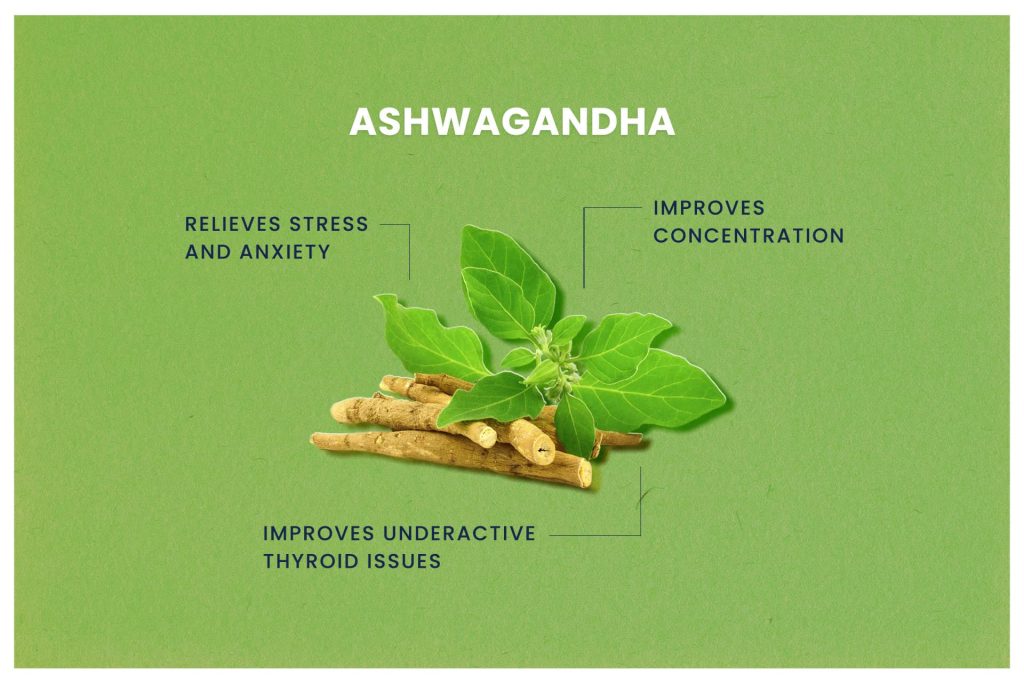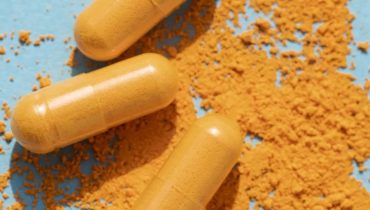Ashwagandha has potential to improve sleep and physical performance. Though further research is required, several studies indicate this herb may assist those suffering with disorders including anxiety and infertility.
One of the most crucial medicines in Ayurveda, a traditional form of alternative medicine grounded on Indian ideas of natural healing, is ashwagandha.

For thousands of years, people have turned to Trusted Source ashwagandha to help with attention, energy levels, and stress release.Sanskrit meaning “smell of the horse,” “ashwagandha” alludes toTrusted Source both the perfume of the herb and its possible power to boost strength.
Withania somnifera is its botanical name; various other names for it include “Indian ginseng” and “winter cherry.” Native to India and Southeast Asia, the little shrub with yellow blossoms known as the ashwagandha plant is From the root or leaves of the plant, people use extracts or powder to cure a range of ailments, including anxiety and fertility problems, Trusted Source notes.
1. Might help ease anxiety and tension.
Perhaps most famously for its ability to lower stress is ashwagandha. It’s categorized as an adaptogen, a chemical meant to help the body manage stress.
Ashwagandha can be beneficial.Trusted Source control mediators of stress including cortisol, stress-activated c-Jun N-terminal protein kinase (JNK-1), and heat shock proteins (Hsp70).It also lowers the activity of the system in your body controlling the stress response, the hypothalamic-pituitary-adrenal (HPA) axis.
2. Might improve athletic ability
Studies have indicated that ashwagandha might improve athletic performance and could be a good addition to athletes’ regimen.One study’s perspectiveTrusted Source included 12 trials including daily dosages of ashwagandha ranging from 120 mg to 1,250 mg. According to the findings, the herb might improve physical performance including strength and oxygen usage during exercise.
3. Might help some mental health disorders’ symptoms to lessen
In some populations, some research points to ashwagandha possibly helping with symptoms of other mental health disorders, including depression.Researchers in one studyTrusted Source investigated the effects of ashwagandha in 66 persons with schizophrenia who were also depressed and anxious.





